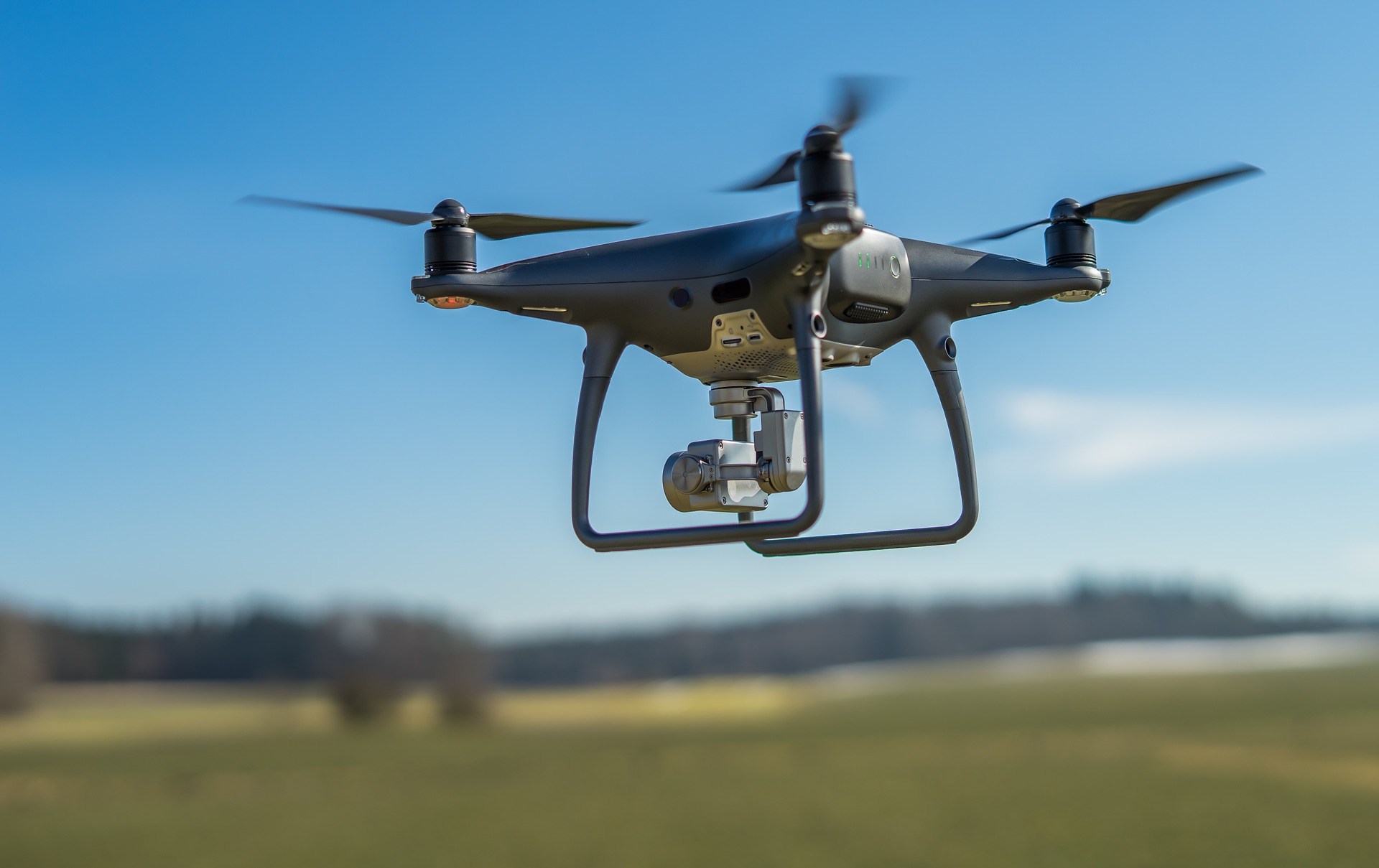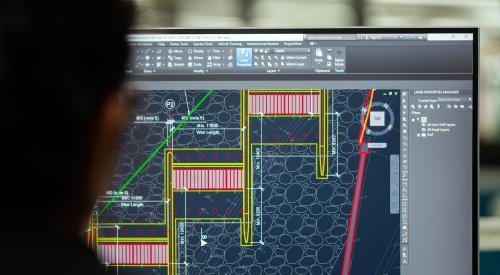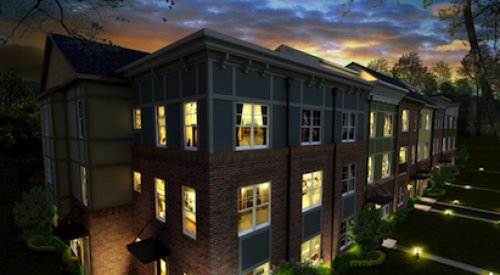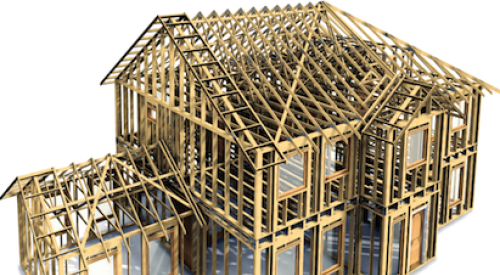Drones are quickly becoming a go-to tool on construction sites for data collection and analysis. They’re redefining workflows, saving time, and cutting costs in surprising ways.
The construction industry is no stranger to inefficiencies. In many circumstances these are unavoidable. A client may be pushing for more control over a project, and then becomes dissatisfied when construction falls behind. But other challenges arise as a result of aging processes and technology: waiting for safety checks before starting construction or the painstaking job of collecting data on your project's progress. Drones could help eliminate these inefficiencies, saving time and costs. (Image: Bilder meines Lebens via Pixabay)
Here are three ways drones could change the construction industry:
1. Automated, Adaptive Flights
Currently, pilots are required to monitor and operate a drone every time it flies. But what if all drone operators had to do is schedule flights and review data? And drones took care of the rest—navigating flights around structures and adjusting course automatically to create the most accurate map or 3D model possible? Drones will make site safety and monitoring smooth and accurate.
2. Seamless Integration
Architecture, engineering, and construction professionals all rely on BIM software (Building Information Modeling) to design and manage the construction process. Integration with drone software makes the creation of 3D models even easier, leading to conclusive insights around progress tracking to design plans. From reducing project inefficiencies to recommendations for keeping a project on track, drones streamline every aspect of the process.
3. Highly Accurate Maps
Machine learning and AI (Artificial Intelligence) helps drones identify objects and ground control points on site. A drone with the right software can compile instant insights before it even lands. Site managers can measure daily stockpile volumes or detect dangerous areas within minutes—all without human intervention.
The latest drone hardware enables construction companies—historically slow to adopt new technologies—to experiment with new workflows with relatively low risk. This year and beyond, drones are on track to be adopted on job sites everywhere. Keep your eyes on the sky. If there aren’t drones buzzing around your job site today, they may be taking flight tomorrow.
Mike Winn is the CEO and co-founder of DroneDeploy (www.dronedeploy.com), a drone mapping software platform.













